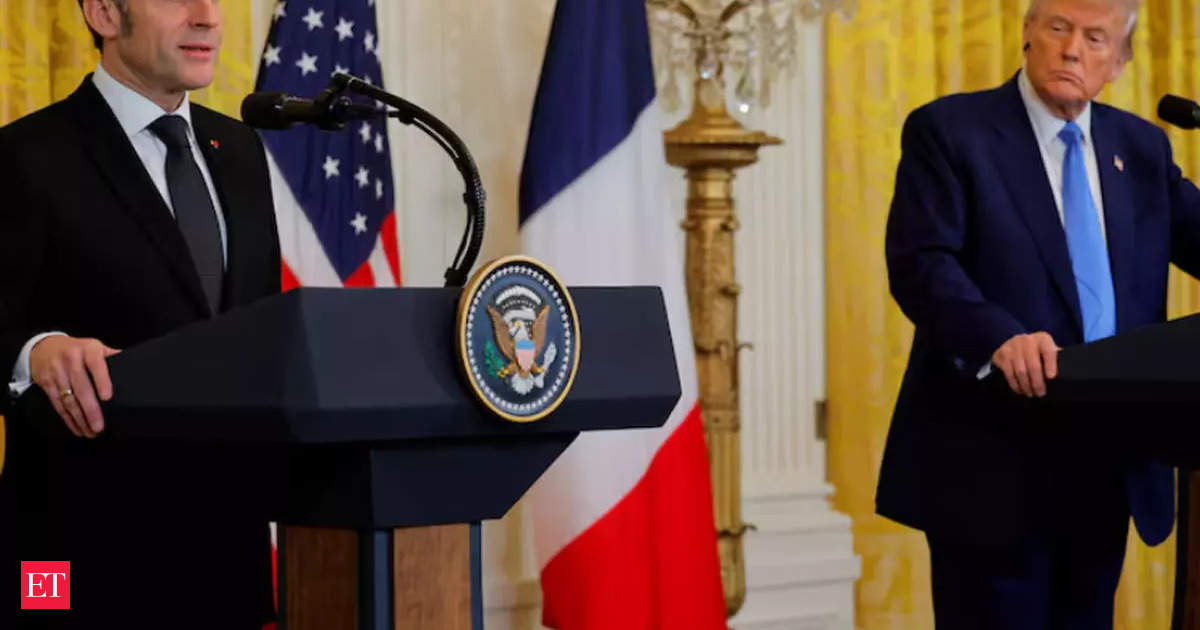The Board of Control for Cricket in India (BCCI) will implement new regulations that will bar state associations from directly engaging with foreign cricket boards. This would make it mandatory for state units to route any proposals or discussions through the BCCI. The decision comes after certain state associations, including Delhi and Puducherry, have held talks with foreign boards without the BCCI’s involvement. The move is also seen as a way to centralize the decision-making process and maintain better control over international cricketing affairs involving Indian teams.
The BCCI’s decision is expected to have an impact on various state associations that have established their own relationships with foreign boards. In recent times, Delhi and Puducherry have engaged in discussions with foreign cricket boards regarding bilateral cricketing activities. However, under the new rule, any proposal or communication with foreign cricket boards should be routed through the BCCI.
Moreover, the BCCI has also expressed its intention to tighten regulations and ensure better coordination in the lead-up to major tournaments. As part of this effort, the BCCI have also decided to bring Nepal to India for an exposure trip before the upcoming T20 World Cup. This visit is expected to provide Nepal’s national team with valuable practice and experience against strong Indian opposition before the global tournament.
The move to restrict direct engagement between state associations and foreign boards is seen as an attempt to centralize decision-making in Indian cricket and maintain the BCCI’s position as the governing body of the sport in the country. It will ensure that the BCCI remains the single point of contact for any discussions or proposals involving foreign cricket boards. This move is expected to streamline the process and also provide the BCCI with greater control over international cricketing affairs involving Indian teams.
Overall, the BCCI’s decision to bar state units from direct cricketing tie-ups with foreign boards highlights its aim to have better control and coordination over all cricketing activities involving Indian teams. By routing proposals and discussions through the BCCI, the board aims to streamline the decision-making process and ensure that all actions align with its strategic objectives. Additionally, the decision to bring Nepal to India before the T20 World Cup showcases the BCCI’s commitment to supporting neighboring nations and promoting the growth of cricket in the region.










